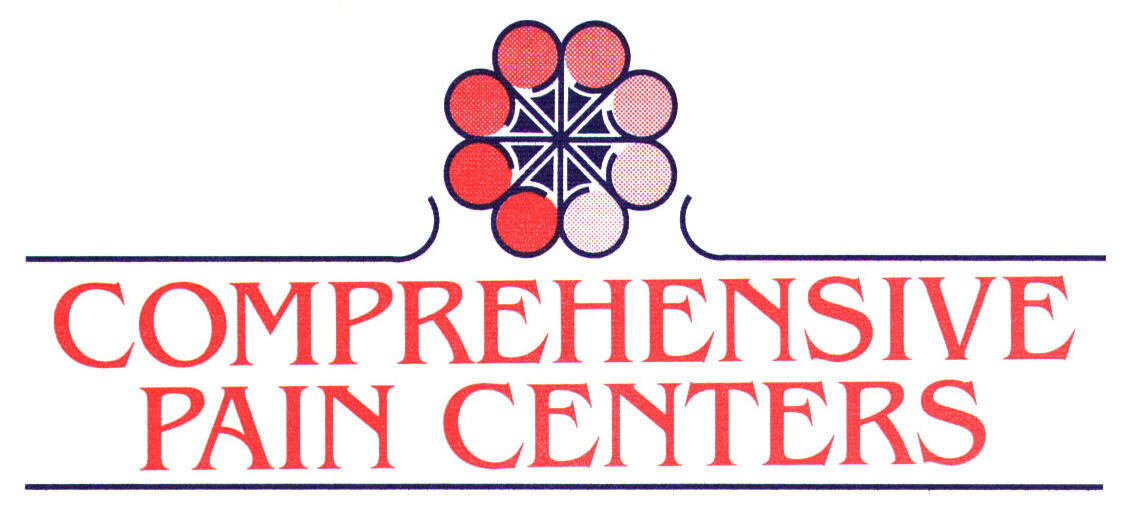Cancer-Related Pain
Doctors recommend pain treatment based on the cause, location and severity of a patient’s pain. The following are common treatments for cancer-related pain:
Over-the-Counter Medication: Ibuprofen and acetaminophen are commonly taken for mild or moderate pain. They can be obtained without a prescription and the side effects are minimal to none.
Prescription Medication: Oxycodone, tramadol and morphine may be prescribed for severe pain. Your doctor may combine these with other medications for pain management.
Surgical Procedures: If you’re a candidate, your doctor may suggest surgery. Neurosurgeons are able to block the nerve pathways that carry pain signals to the brain, helping reduce discomfort.
Anesthesia: Both regional and local anesthesia in the form of pain blockers or steroids are another option for pain management. They are administered by an anesthesiologist via injection or infusion.
Palliative Chemotherapy: If chemotherapy is unable to completely cure cancer, palliative chemotherapy may be able to shrink the tumor, resulting in reduced pain and overall improvement of quality of life.
Rest: Rest, mindfulness and engagement in enjoyable activities may help lessen pain, while fatigue may worsen it. Make sure to get plenty of sleep and pay attention to your pain to better understand and work around it.
Talk to your doctor about your chronic pain. Prescription medications help 58% of patients. Exercise and just movement can help reduce pain sensitivity by 60%. And eating healthy foods can reduce the inflammation that causes chronic pain. Finally, good sleep means less pain. Easier said than done, when you have chronic pain, but it is important to try to get as much quality sleep as possible.
